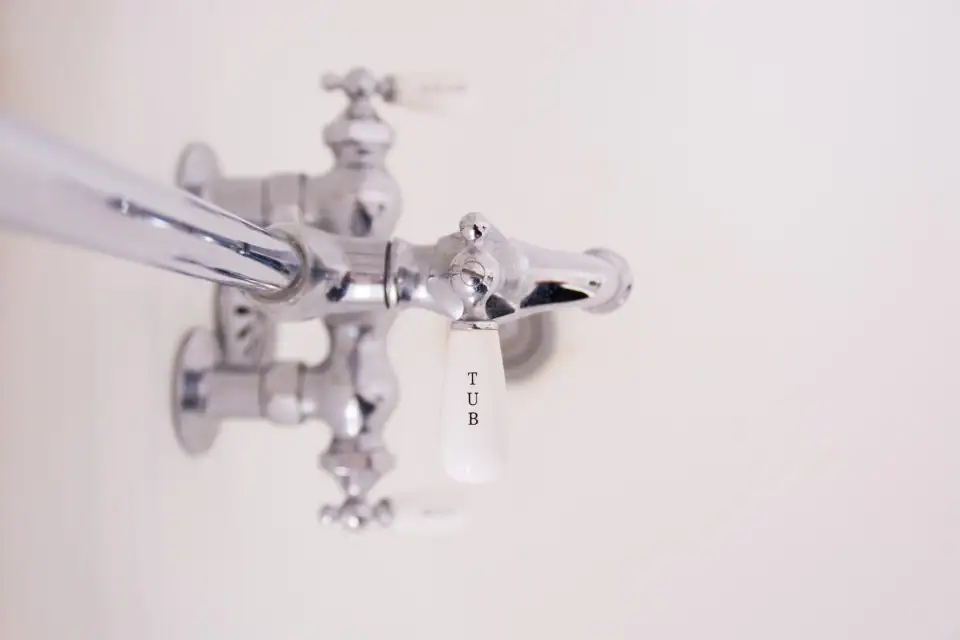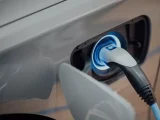
Discover How to Cut Costs: Unveiling Heat Pump Tax Credits for Homeowners
August 16, 2023Are you a homeowner looking to save money on your energy bills? Look no further! In this article, we will explore the world of heat pump tax credits and how they can help you cut costs. Let’s dive in and discover all the benefits and requirements of this valuable incentive.
What is a heat pump tax credit?
A heat pump tax credit is a financial incentive given to homeowners who install energy-efficient heat pump systems in their homes. This credit can be applied towards the homeowner’s tax liabilities, helping to offset the cost of the heat pump installation.
How does a heat pump tax credit work?
When a homeowner installs a qualifying heat pump system, they can claim a tax credit on their tax return. The amount of the credit varies depending on the type of heat pump and its energy efficiency rating. This credit can be subtracted directly from the homeowner’s tax liability, reducing the amount of taxes owed or increasing the tax refund.
What are the benefits of a heat pump tax credit?
There are several benefits of a heat pump tax credit. Firstly, it allows homeowners to save energy and money by upgrading to a more energy-efficient heating and cooling system. Heat pumps are known for their high-efficiency performance, which can result in significant savings on monthly energy bills. Secondly, homeowners can enjoy a more comfortable living environment with improved temperature control and air quality. Lastly, a heat pump tax credit helps to promote clean energy and reduce the environmental impact of traditional heating and cooling systems.
Are heat pump tax credits available for homeowners?
Yes, heat pump tax credits are available for homeowners. The federal government offers a tax credit for qualifying heat pump systems. Additionally, some states also offer their own tax credits and rebates for residential energy-efficient upgrades. By taking advantage of both federal and state incentives, homeowners can maximize their savings and enjoy a more energy-efficient home.
How can homeowners benefit from heat pump tax credits?
Homeowners can benefit from heat pump tax credits in several ways. Firstly, they can claim both federal and state tax credits, which can significantly reduce the overall cost of the heat pump installation. It is important to note that homeowners should check the specific requirements and eligibility criteria for each tax credit program and consult with a tax professional to ensure accurate filing.
What is the deadline for claiming heat pump tax credits in 2023?
The deadline for claiming heat pump tax credits in 2023 may vary depending on the specific tax credit program. It is important for homeowners to stay updated on the latest deadlines and requirements to ensure they submit their claims in a timely manner.
What other energy-efficient home improvements qualify for tax credits and rebates?
In addition to heat pumps, there are several other energy-efficient home improvements that may qualify for tax credits and rebates. These include upgrading to energy-efficient appliances such as water heaters, boilers, and stoves. Homeowners can also consider conducting a home energy audit to identify areas of improvement and qualify for additional energy-saving incentives.
How does the Inflation Reduction Act impact heat pump tax credits?
The Inflation Reduction Act has made changes to heat pump tax credits. These changes include adjustments to the maximum credit amounts and income limitations for claiming the credit. It is important for homeowners to review the specific provisions of the act and consult with a tax professional to fully understand how it impacts their eligibility and potential savings.
What is the significance of the Inflation Reduction Act for homeowners?
The Inflation Reduction Act has significant implications for homeowners, as it determines the availability and scope of heat pump tax credits. By staying informed about the act’s provisions and requirements, homeowners can make informed decisions about energy-efficient home improvements and maximize their potential savings.
Will heat pump tax credits be available in 2022?
The availability of heat pump tax credits in 2022 may depend on legislative changes and government policies. It is important for homeowners to stay updated on the latest information and consult with a tax professional to understand the current status of heat pump tax credits.
What are the requirements for qualifying for heat pump tax credits?
To qualify for heat pump tax credits, homeowners must meet certain requirements. Not all heat pumps may qualify for tax credits, so it is crucial for homeowners to choose energy-efficient models that meet the criteria set by the federal government and any applicable state programs. Additionally, there may be income limitations for claiming heat pump tax credits, so homeowners should review the specific eligibility guidelines for each tax credit program.
Can a homeowner claim a tax credit for multiple heat pump installations?
Yes, homeowners can claim a tax credit for multiple heat pump installations as long as each system meets the requirements and standards set by the tax credit program. It is important to keep detailed records and documentation of each installation to support the claim.
Are there income limitations for claiming heat pump tax credits?
Yes, there may be income limitations for claiming heat pump tax credits. These limitations are typically based on the homeowner’s median income and vary depending on the tax credit program. Homeowners should review the specific income limits and consult with a tax professional to determine their eligibility for the tax credit.
How can homeowners apply for heat pump tax credits?
To apply for heat pump tax credits, homeowners need to follow certain steps. Firstly, they should gather all necessary documentation, such as proof of purchase, installation receipts, and energy efficiency ratings. These documents will be required when filing the tax return. Secondly, homeowners should consult with a tax professional or utilize tax preparation software to properly complete and submit their tax return, ensuring accurate reporting of the heat pump tax credit. Lastly, it is important to note that heat pump tax credits are available for both new and existing homes, so homeowners can benefit from this incentive regardless of their home’s age.
What documents are needed to claim heat pump tax credits?
To claim heat pump tax credits, homeowners will need several documents. These include proof of purchase for the heat pump system, installation receipts, and the energy efficiency ratings of the installed equipment. These documents are essential for accurately claiming the tax credit and should be retained for future reference.
Are heat pump tax credits available for both new and existing homes?
Yes, heat pump tax credits are available for both new and existing homes. This means that homeowners can upgrade their existing heating and cooling systems to energy-efficient heat pumps and still qualify for the tax credit. Additionally, homeowners who are constructing new homes with heat pump systems can also claim the tax credit, further incentivizing the use of energy-efficient technologies.
Is there a maximum limit for the amount of tax credits a homeowner can claim?
Yes, there may be a maximum limit for the amount of tax credits a homeowner can claim. The specific limit varies depending on the tax credit program and the installed heat pump system. Homeowners should review the program guidelines and consult with a tax professional to understand the maximum limit and ensure they make the most of the available tax credits.


